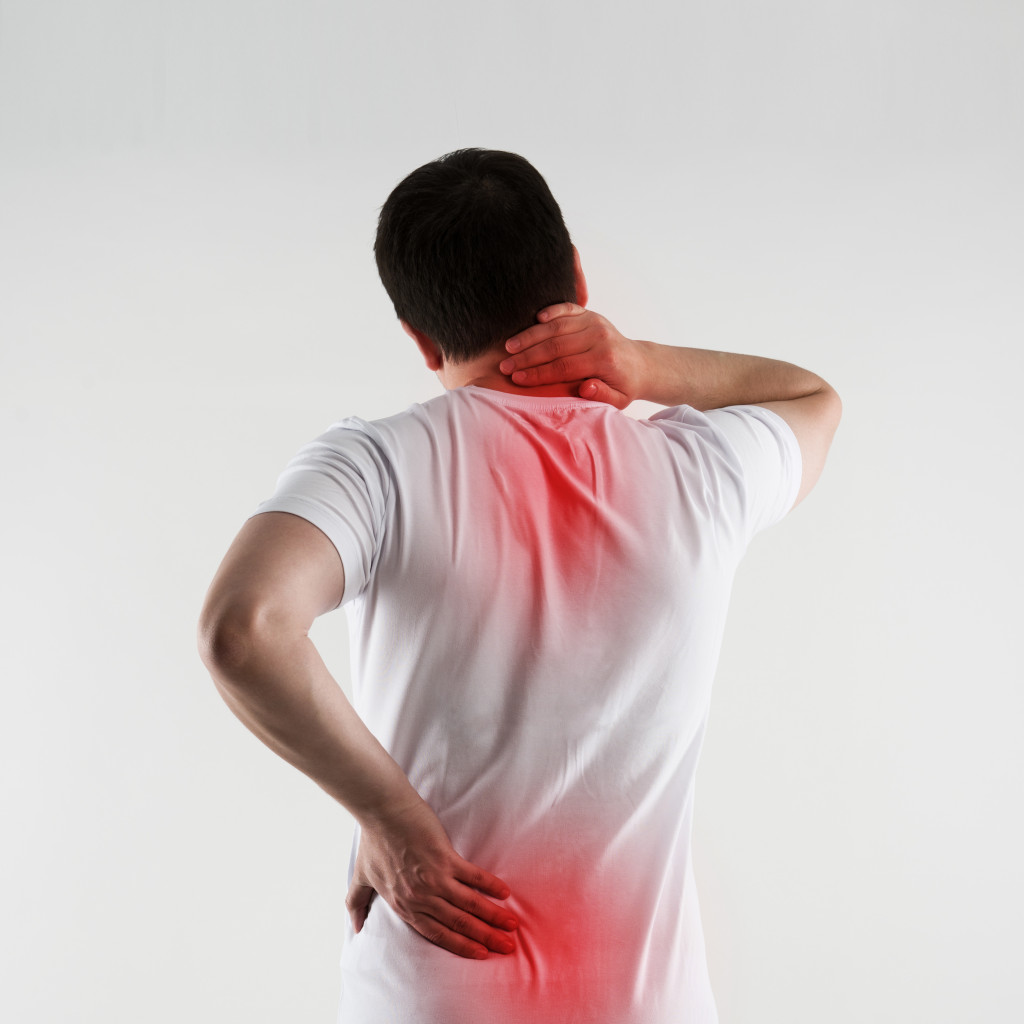Disclaimer: This website provides health information for educational purposes only and is not a substitute for professional medical advice, diagnosis, or treatment. Always seek the guidance of a qualified healthcare provider with any questions you may have.
- Osteoporosis is a disease that weakens bones and causes pain, stiffness, and loss of mobility.
- It can have severe physical, mental, financial, and social effects on the person’s life.
- Treatment options include spinal correction, a balanced diet, exercise, medication, and calcium supplements.
- Proper medical care, lifestyle changes, and treatments make it possible to manage osteoporosis and enjoy an improved quality of life successfully.
- Talk to your doctor about the best treatment plan and how to prevent additional bone loss or fractures.
The bone is an essential part of your body’s structure and strength. Bones support muscles and organs, protect vital organs from injury, store essential minerals like calcium and magnesium, produce blood cells, and help control movement. Without strong bones, a person would be unable to stand or walk. Unfortunately, many diseases affect the bones, one of which is osteoporosis.
Osteoporosis and Your Life
Osteoporosis is when your bones become weak and brittle due to a lack of calcium and other minerals. It can have severe effects on your physical health, as well as on your overall quality of life. Here are four ways osteoporosis can affect your life.
Physical Effects
Osteoporosis can cause pain, stiffness, and loss of mobility in the joints. This can make it difficult to perform everyday activities such as walking or climbing stairs. Additionally, people with osteoporosis are at an increased risk for fractures due to weakened bones more prone to breaks and cracks. Post-fracture recovery times can be lengthy and require specialized treatment.

Mental Effects
The physical effects of osteoporosis can also take a toll on mental health. People living with the condition may feel discouraged by their inability to do certain activities or engage in certain hobbies due to decreased mobility caused by the disease. They may also suffer from depression or anxiety due to their chronic pain or decreased self-esteem caused by their appearance after suffering from fractures or other bone-related injuries.
Financial Effects
The medical costs associated with treating osteoporosis can be costly, especially if you need specialized care such as physical therapy or medication for pain management, or bone growth stimulation.
In addition, you may need to make changes to your home environment, such as installing handrails, purchasing special equipment like wheelchairs, or having someone come into the home to provide care services. All these changes can add up quickly and leave you struggling financially if you’re not prepared ahead of time for them.
Social Effects
Living with osteoporosis can also have negative social effects as well. People living with the condition may find themselves avoiding social situations due to feeling embarrassed about their condition or being in too much pain to participate fully in conversations or activities.
Additionally, they may feel isolated because they’re unable to do things that others around them take for granted, like running errands without assistance or going out for leisurely walks with friends and family members without worrying about potential falls and injuries due to weak bones.
Treatments For The Disease
Osteoporosis is a treatable condition if it’s caught early enough. Here are some treatments that can help you out if you have this disease:
Spinal Correction
Osteoporosis can affect the spine, leading to pain and decreased mobility. Spinal correction can help reduce the disease’s effects on your spine, allowing you to move more freely and with less discomfort. Visit your local spine doctor to get your diagnosis. They can then provide the necessary treatments to help correct any issues.

Diet and Exercise
A balanced diet rich in calcium, vitamin D, and other important minerals can help strengthen your bones and reduce the risk of fractures. Additionally, regular exercise is essential for bone health as it helps to create stronger muscles which can act as a support system for your bones.
Medication
Your doctor may prescribe certain medications to help treat osteoporosis, such as bisphosphonates or hormone replacement therapy (HRT). These medications can help slow the progression of the disease and reduce the risk of fractures.
Calcium Supplements
Calcium is an essential mineral for strong bones, so increasing your calcium intake through diet or supplements can be beneficial in treating osteoporosis. Talk to your doctor about the best type of calcium supplement for you and how much you should take.
Living with osteoporosis doesn’t have to be a life sentence. You can successfully manage the disease and enjoy an improved quality of life with proper medical care, lifestyle changes, and treatments like those mentioned above. Talk to your doctor about the best treatment plan for you and how to prevent any additional bone loss or fractures.




